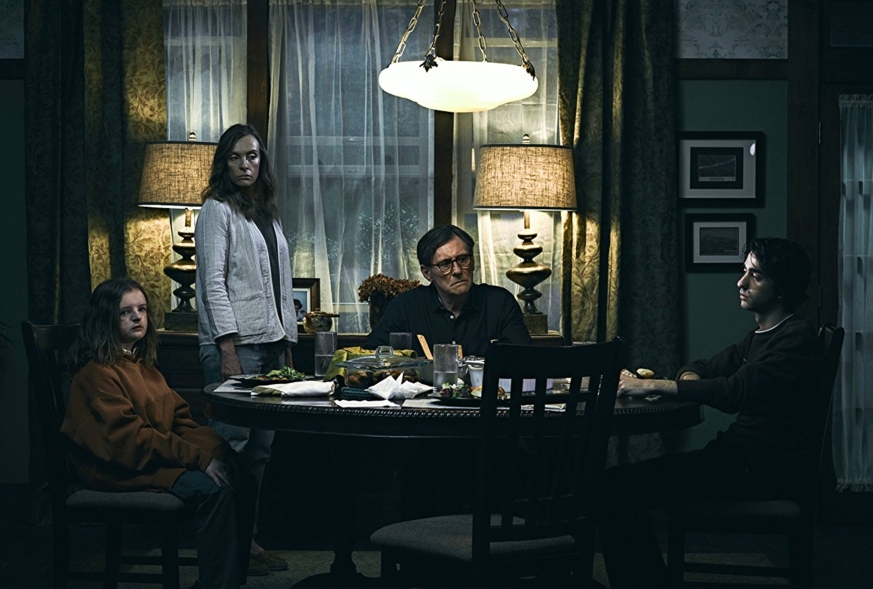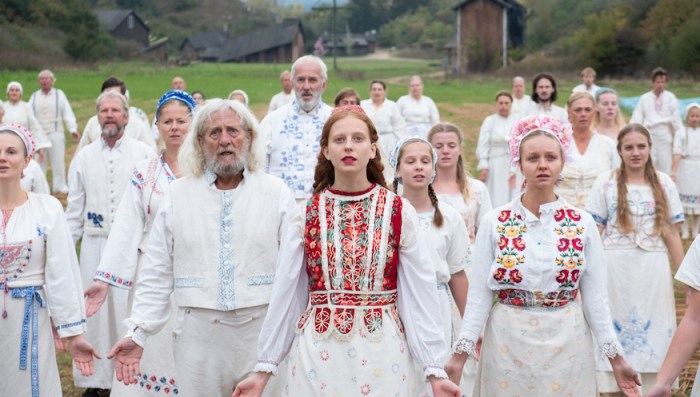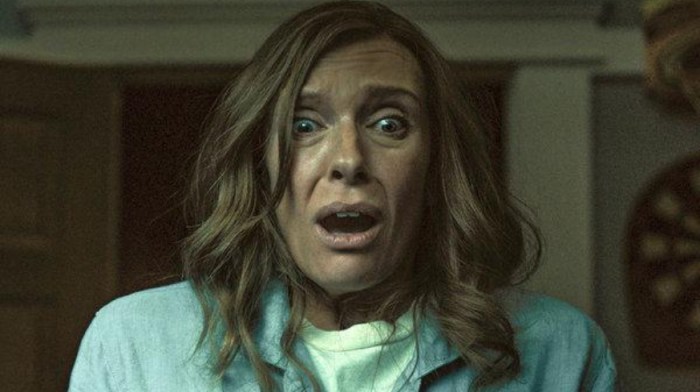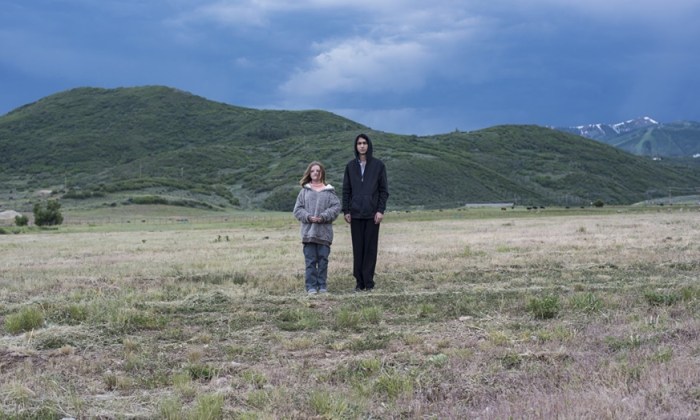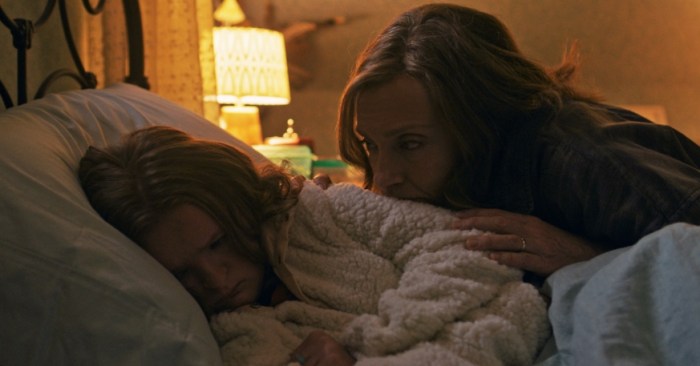Hereditary is destined to be one of the summer’s most talked about movies.
The creepy, supernatural horror has been the chatter of Tinsel town ever since it premiered at Sundance in January, while the hysterical response to its trailer earlier this year, and its release during the height of the summer blockbuster season means that big things are expected of the film.
No-one is more surprised to the hype surrounding the film than its writer and director Ari Aster, who recently told me, “If anything, I wanted to make a film that was anti-mainstream.”
“I wanted to make an existential horror film that was very difficult and very alienating. My primary aim was to upset the audience on a very deep level.”
“So I have been shocked to see that this film has been funneled out into the mainstream, and that the mainstream appears to be embracing it. Although we can’t say that because it hasn’t been released. So far only a very niche audience has embraced it.”
As you’d expect considering it is his feature film debut, Ari has followed the hype for “Hereditary” rather closely. Although he admits that his closeness to the project makes him “wonder if it feels bigger than it actually is.”
There’s a good reason why the hysteria surrounding “Hereditary” is so huge, though, as it looks utterly terrifying. Plus, it also helps that critics have been raving for months about the film, which revolves around Annie Graham (Toni Collette) delving into her family’s past in the wake of her mother’s death and finding some terrifying secrets that could impact the future of everyone she holds dear.
Aster’s original plan for “Hereditary” was much simpler. “I just wanted to make a film about grief and about trauma, and about the things that scare me.”
While Aster is quick to list off a long list of his horror influences, from “Don’t Look Now” to “Rosemary’s Baby” to “Let The Right One In” and “The Wailing,” he quickly put those films out of his mind, because he wanted to make sure that “Hereditary” had its own unique tone and felt truly evil.
“I wanted the film to feel very sorrowful. To have a funereal tone. And to be a sad family drama about people dealing with unimaginable loss. On another level I wanted the film to feel evil. I wanted to take the character’s pain seriously.”
More importantly, though, Aster wanted to make sure that while the characters in “Hereditary” are being putting through hell, the audience can’t help but sit there and enjoy their pain.
“But, simultaneously. while the family is suffering the movie is smiling. That’s not me smiling. There is a more sinister and sadistic knowing perspective at play. Laughter is important to that. A film without humor is a film wasted. Even if the humor is horrible.”
You can see if “Hereditary” achieves just that when it is released on Friday.

